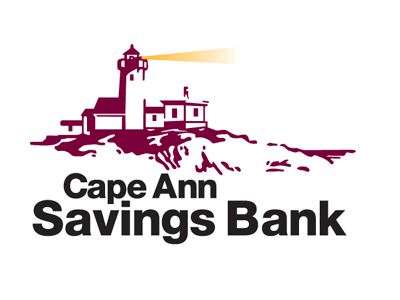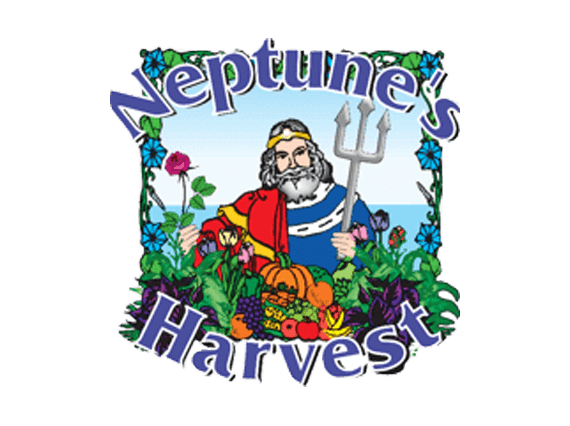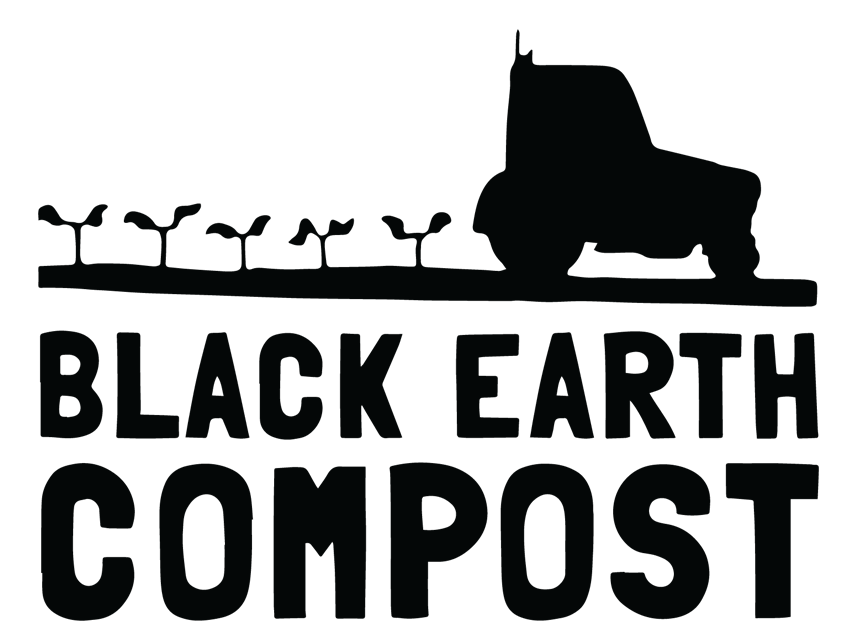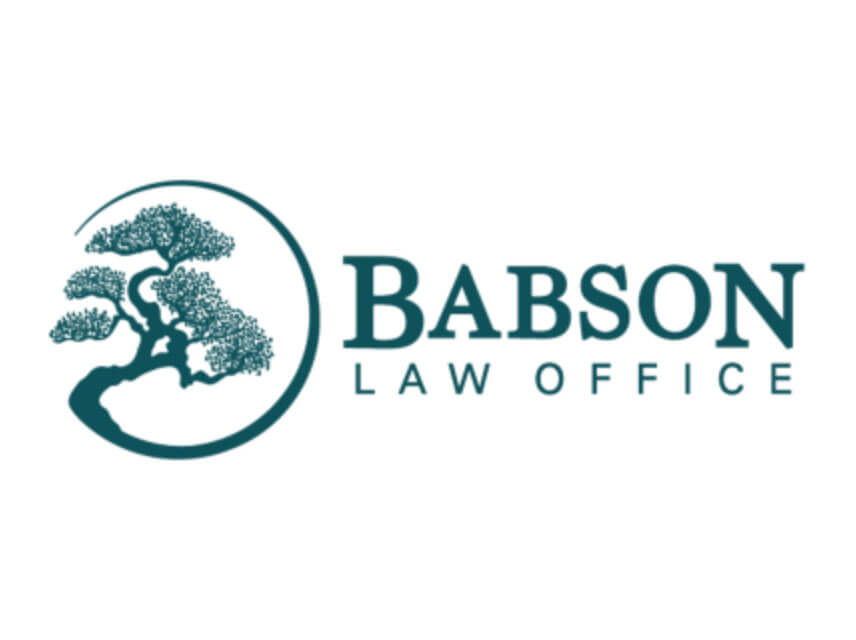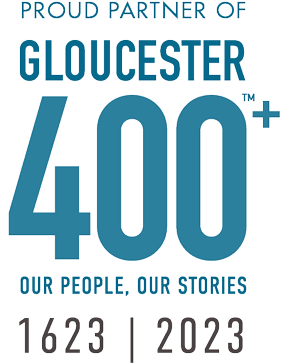Solstice Reflection
Solstice is a wonderful time as the sun hovers in perfect balance. Even in Lanesville, our own Stonehenge provides us with the majesty of the Summer Solstice (this picture was taken on June 21st). TownGreen is finding its balance between increasing community awareness to reduce carbon emissions and the urgency of implementing climate adaptation solutions. Cape Ann must prepare for sea level rise and the extreme storms that we will inevitably experience.
TownGreen strongly supports a net zero Cape Ann, and we’re seeing it happen. The 2025 Sawyer Free Library will be a net zero building after its expansion and renovation. I’m proud of TownGreen’s work to push the library to seriously consider that option when I worked with Deborah Cramer and Tim Greiner in 2017-18. Gloucester’s new East Veterans Elementary School will also have no fossil fuel use in its building.
The most effective climate adaptations are the ones that strengthen our natural systems: marshes, forests, and meadows. TownGreen is leading the way for Cape Ann by working with our colleagues at the Harvard Graduate School of Design and the Town of Manchester to study and identify viable ecological restoration projects to enhance coastal resilience. Many thanks to Senator Bruce Tarr and Representative Ann-Margaret Ferrante for securing the funding for this vital work. The projects will be finalized with the help of the public.
Thanks again for your donations, corporate sponsorship, and kind words of support that tell us that TownGreen’s approach to climate resilience for Cape Ann is working.
Dick Prouty, Chair
TownGreen Board of Directors
Gloucester’s Sawyer Free Library Aims to be Net Zero
Gloucester’s Sawyer Free Library (SFL) will reopen an expanded and renovated library in 2025 that aims to be a net zero building and will be the first public building on Cape Ann to generate renewable energy through solar, using no fossil fuels. As a LEED v4 Gold building (Building Design and Construction category) and a Mass Save Path 1 Zero Net Energy (ZNE) Readiness project, plus incorporating enhanced sustainability features, the 2025 Sawyer Free Library is a leading example of actions that can be taken during the design process and operation of a building that focuses on climate issues and putting people first.
Net zero refers to a building construction or renovation using renewable energy to eliminate the use of fossil fuels. SFL is combining net zero guidelines with LEED building construction and design to address water consumption, waste reduction, and healthy indoor environments. It’s impressive that the library is undertaking the ever-important component of community safety by serving as a place for community refuge during a storm, heat wave, or other community crises such as extended power outage events.
Taken from the Sawyer Free Library’s Building a Sustainable Futurepresentation, the SFL is focused on how best to serve the community in a climate crisis:
- Climate Controlled Refuge: The building’s envelope and systems are built to be resilient to extreme outdoor temperatures, poor air quality, high winds and heavy precipitation.
- Citizen Gathering Place: In the face of disasters that require a community-wide response, the 2025 Sawyer Free Library provides a place for residents to meet and make plans for assisting those in need.
- Wired for Connectivity: Powered by high speed fiber cable, the 2025 Sawyer Free Library’s WiFi network can host 2,000 simultaneous devices.
Learn more about the Sawyer Free Library’s new design and its sustainability features:
From May 30-June 1st a group of five faculty advisors to the Harvard Graduate School of Design (HGSD) Office for Urbanization’s The Case for Cape Ann project visited the region’s coastal areas, forested uplands, and downtowns, presented research, and participated in a public forum on ecological restoration for Cape Ann.
The faculty advisors include Dr. Colleen Hitchcock, Associate Professor of Ecology at Brandeis University; Dr. Nina-Marie Lister, Visiting Professor in Landscape Architecture at Harvard University Graduate School of Design/Toronto Metropolitan University; Dr. Catherine Matassa, Assistant Professor of Marine Sciences at the University of Connecticut; Dr. David Moreno-Mateos, Assistant Professor of Landscape Architecture at Harvard University Graduate School of Design/Harvard Organismic and Evolutionary Biology (OEB); and Dr. Jonathan Thompson, Senior Ecologist at the Harvard Forest.
Led by HGSD’s Charles Waldheim and Kira Clingen, the group met with local experts who provided context during a busy three days of presentations, meetings, tours, and feedback sessions. The group had a walking tour of The Fort with Patti Page, met with Susan Kelly of Generous Gardeners, followed Jessica Reid of Backyard Growers through Burnham’s Field, observed the vivian fens and forested uplands of Dogtown with Chris Leahy and Noel Mann, strolled Good Harbor Beach with Jayne Knott and Kim Smith, had a Bearskin Neck walk, and capped off the visit with an Annisquam River marshes boat tour with Eric Hutchins and Mary Ellen Leopinka.
The advisors presented recent research and overviews of their areas of expertise at a meeting on May 31st with local experts at the Cape Ann Museum. A Cape Ann Conversations Public Forum on June 1st allowed for conversation, questions, and information on the scope of the ecological restoration focus of the multi-year project with HGSD, TownGreen, the Town of Manchester-by-the-Sea, and Water Alliance.
Goals for the ecological restoration focus include restoring the health of degraded landscapes and habitat and enhancing the values that properly-functioning natural systems yield, including carbon sequestration, biodiversity, storm and flooding protection, job creation, cooling in dense neighborhoods, local food supplies, recreational spaces, and psychological and spiritual well-being. Several local areas are being targeted for potential pilot studies:
- Good Harbor Beach
- Annisquam River tidal marshes and shellfish beds
- Dogtown and North Gloucester woods
- Residential areas with potential for tree-planting, pocket parks, and native plants
Watch the Good Harbor Beach Webinar on Ecosystem Adaptation
TownGreen's Planning for Reality Climate Impact Series: Good Harbor Beach Ecosystem Adaptation
If you visit, walk, or love Good Harbor Beach, take some time this summer to watch TownGreen's Good Harbor Beach Ecosystem webinar that addresses adaptation solutions. The webinar discusses and prioritizes adaptation options for implementation at the iconic beach. Professor Charles Waldheim and Kira Clingen from Harvard University's Graduate School of Design outline possible adaptation actions, offering specific details about how climate adaptation might work for the Good Harbor ecosystem.
A special guest presentation from Chris Leahy, retired professional conservationist with the Massachusetts Audubon Society, highlights the bird species that frequent and rely on the Good Harbor Beach ecosystem. A video address with slides from Rory McCarthy from the local grassroots group Clean the Creek runs through the pollution issues at Good Harbor creek. Jayne Knott, President of HydroPredictions, rounds out the program by presenting specific actions that could be implemented in the short-term.
- For the Gloucester Horribles Parade on July 3rd, meet us at Gloucester High School and arrive at 5:00pm. Look for the TownGreen or Cape Ann Climate Coalition banner and the large Sea Serpent puppet.
- For the Rockport Fireman’s 4th of July Parade, meet us at Rockport High School arriving at 5:00pm. Look for the TownGreen banner. We will have signs and props to share.
- Contact Maureen Aylward, TownGreen Director, at maureen@towngreen2025.org if you want to walk with us or just show up!
Mark your calendar for Friday, July 21 at 6:00pm and join the Gloucester Meetinghouse Foundation for its free summer concert series. Donations from the July 21st concert featuring the Alex Minasian Jazz Quartet will benefit TownGreen - a great way to support our mission while having fun with your family and friends. The Meetinghouse Green is located at 10 Church Street in Gloucester.













